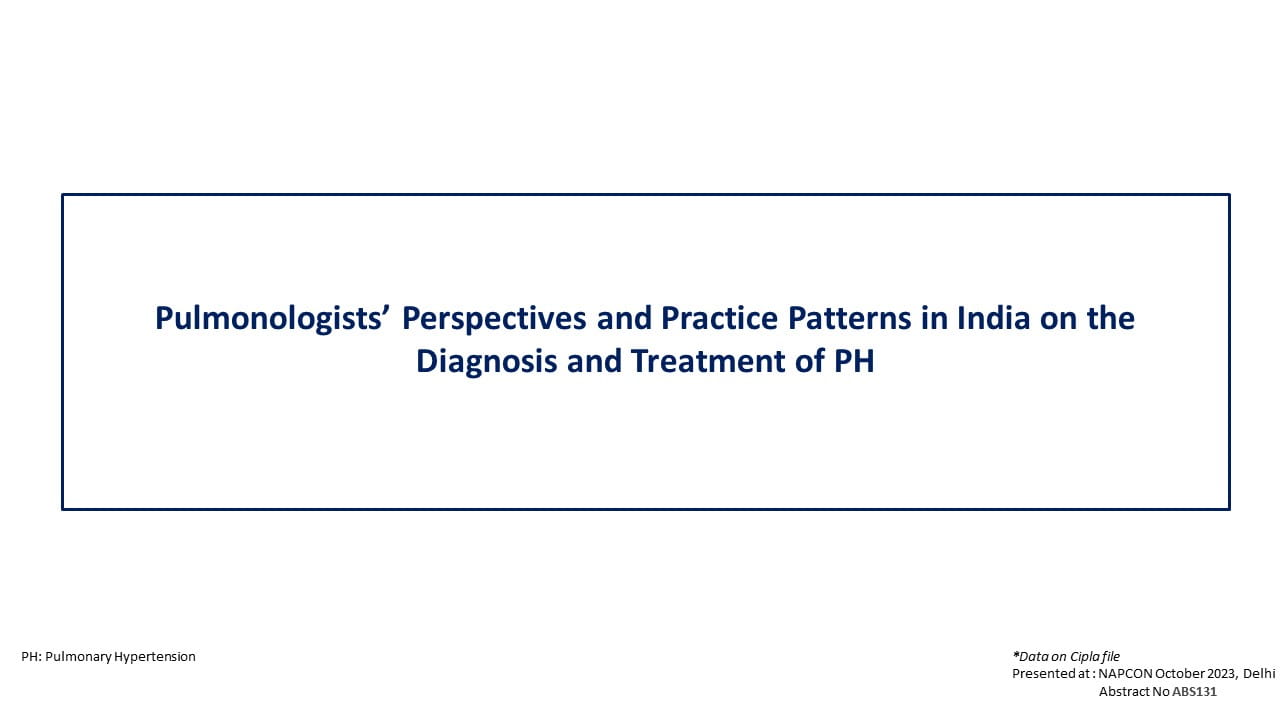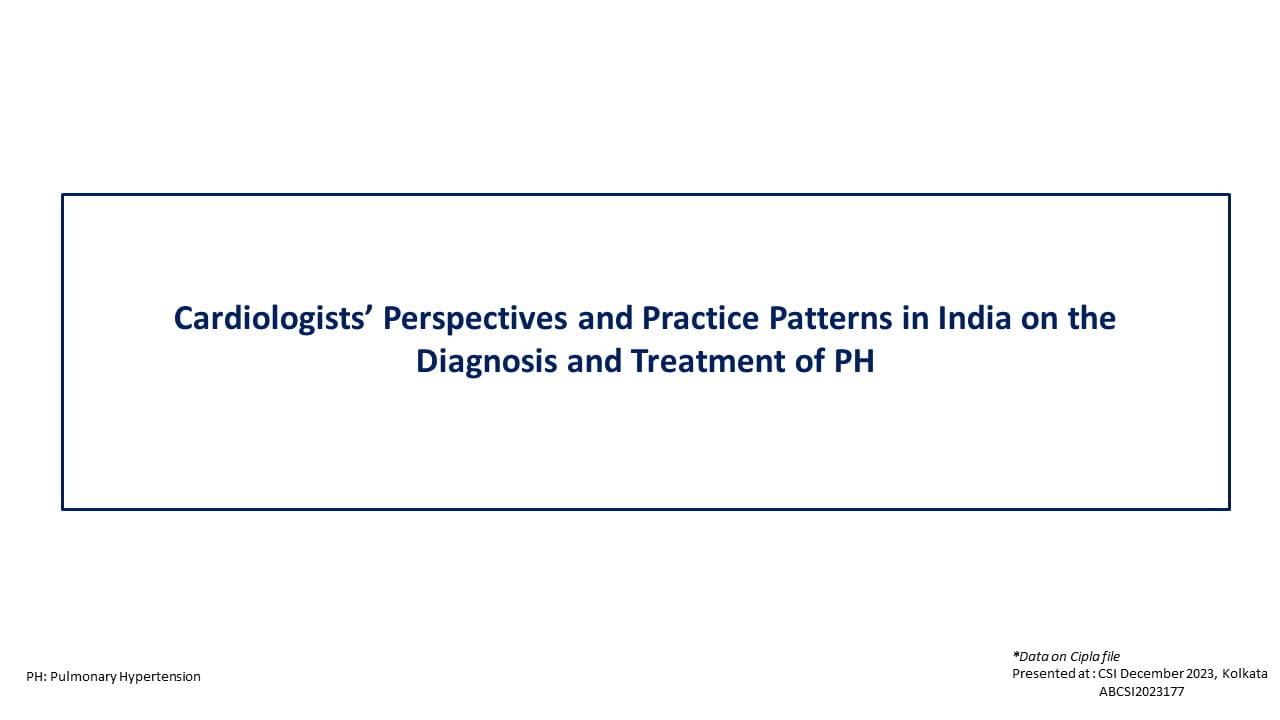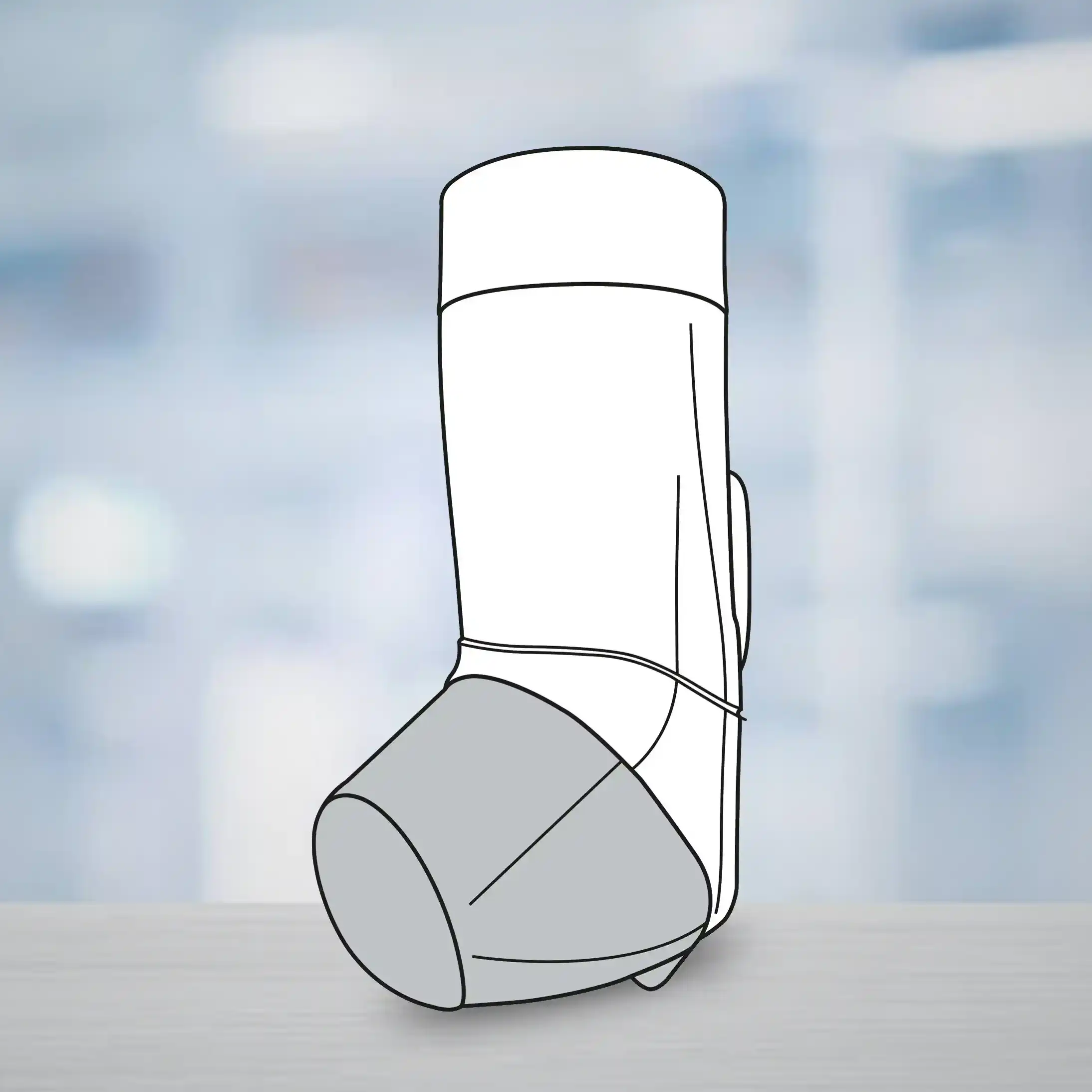Evaluating Preventive Effect of Methenamine in Women with Recurrent Urinary Tract Infections
24 Jun, 25
Introduction
Methenamine has been utilized for many years to prevent recurrent UTIs; however, there have been no studies showing a significant preventive effect from long-term use.
Aim
To evaluate the effects of methenamine on preventing recurrent UTIs in women aged 40.
Patient profile
Women aged > 40 years with recurrent UTI, defined as >3 courses of UTI antibiotic/year
Methods
- Data for all antibiotics used for UTIs dispensed from all pharmacies from 2005 to 2015 were collected from the Norwegian prescription database (NorPD).
- N=79,721
- Patients who used methenamine (cases) were compared to those who did not use it (controls).
The number of UTI prescriptions was analyzed before and after inclusion
Results
- Between 2006 and 2015, approximately 200,000 women received three prescriptions for UTIs, with 12% of women aged 40 receiving a UTI prescription in 2016. A total of 19% of women aged 40 were classified as high users of UTI antibiotics, representing 2.4% of all women in this age group.
- A significant difference in the reduction of antibiotic prescriptions for UTIs between the methenamine group (44.6% reduction) and the control group (34.9% reduction) over a two-year period post-inclusion. (p<0.001) (figure 1)
- In the methenamine group, the average number of dispensations decreased by 1.75, translating to a 45% reduction per year, while the control group experienced a decrease of 1.16 dispensations, equivalent to a 35% reduction per year.
Figure 1: Change in antibiotic use from 2 years before to 2 years after inclusion in the study
- Significant Reduction in High Consumers: High consumers of antibiotics, i.e., those with six or more prescriptions per year, experienced a substantial absolute reduction in antibiotic prescriptions, with a relative reduction of 58.1%, although no control group was available for comparison
- Comparison with Moderate Consumers: The reduction observed in high consumers was notably greater than the 35% decrease in antibiotic prescriptions seen in the control group with moderate antibiotic consumption.
- Sensitivity Analysis of excluding ciprofloxacin from the analysis revealed
- The methenamine group experienced a reduction of UTI prescriptions by 1.93 (49%) compared to a reduction of 1.66 (42%) in the control group, resulting in a significant difference of 7% (p<0.05)
Conclusion
Methenamine demonstrates a significant preventive effect in women aged 40 and older with a history of recurrent UTIs for at least two years. It has minimal side effects, and there have been no reported cases of resistance.
Reference
Scand J Prim Health Care. 2022 Sep;40(3):331-338.










